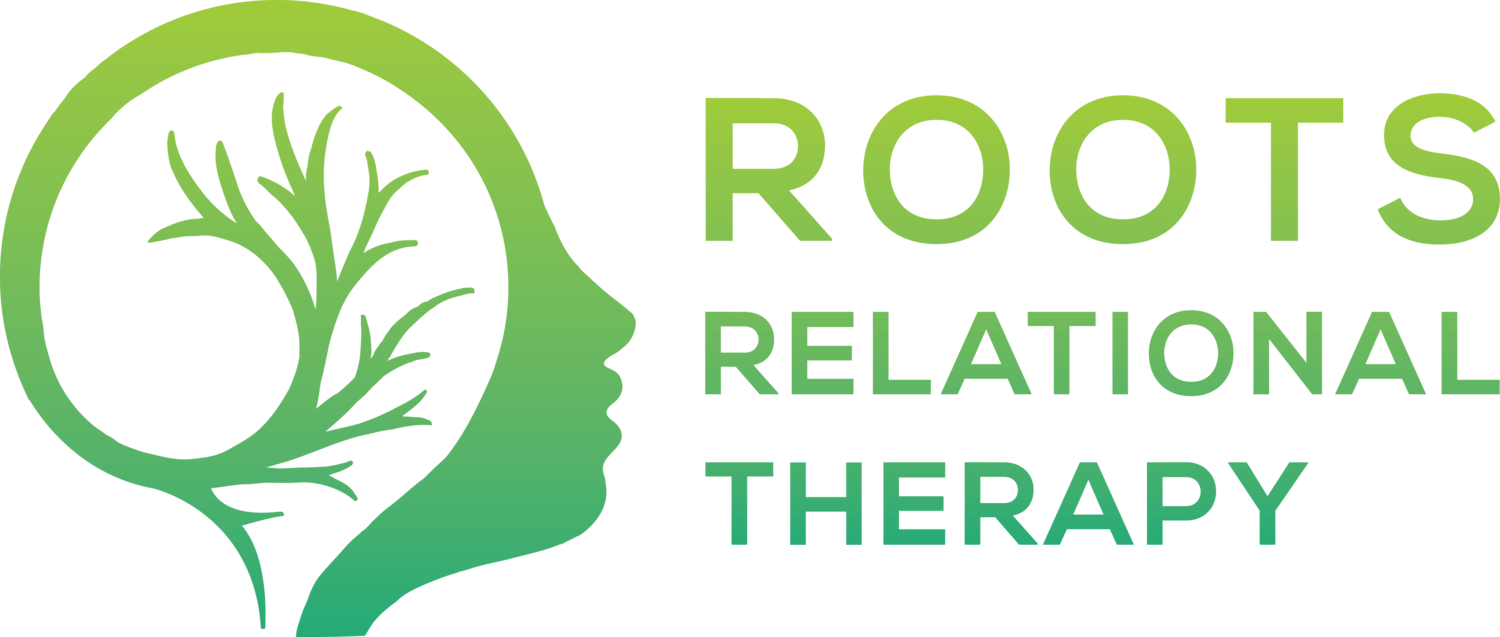8 Questions to Ask Yourself Before Getting Close to Someone
What exactly do people mean when they say, “I want to feel closer to someone”?
Usually, they mean they want to feel a deeper connection; to be emotionally safe where they can be honest and open with each other. Where they can be, and be embraced for, their full self. To have trust based on friendship and mutual respect. “Being close” implies spending time with them is mutually enjoyable.
But this isn’t always what “close” feels like. This is what we hope “close” feels like.
Whether it’s a parent, sibling, other family member, friend, coworker, or partner, we imagine if we were just able to come to an understanding with this person, we can achieve this positive picture of “closeness”.
In actuality, closeness with some people can be a very negative experience.
Differing Definitions of Closeness
Our definition of “close” may not be the same for someone else.
For people who are emotionally immature, being “close” with them puts you within range of their psychopathology. It means that in order to maintain closeness with them, you’re required to accept and partake in their unhealthy behavior.
In these types of scenarios, they could expect you to affirm their reality, regardless if it’s true or not. They put the responsibility of how they feel onto other people. They use guilt, manipulation or coercion to get what they want. They struggle to put themselves in other peoples’ shoes, but expect others to do that for them. They dodge or refuse accountability by minimizing their offenses, or by playing the victim.
In our definition of “close”, a relationship is about collaboration. In an emotionally immature person’s definition, “closeness” is about control.
Assess Capacity for Closeness
Emotional maturity is necessary to have a positive, close connection with someone. Here are a few questions to assess how emotionally mature a person is:
Is this person capable of accurate self awareness?
Is this person capable of dealing with reality on its own terms?
Is this person able to regulate themselves internally, tolerate stress, and get their needs met? Is this person able to have empathy for others?
Is this person capable of considering others as just as important as themself?
Is this person capable of taking accountability?
Does this person respect your limits and boundaries? Is this person able to identify and express their emotions and needs in an appropriate manner?
If the answer is “no”, having a positive, close relationship with this person is an unrealistic expectation.
Face Reality
Grieving the loss of hope of what “could be” can be a harsh reality to face. Especially when you’re the type of person that likes to see the best in people, and believe that it’s possible for everyone to change and grow for the better!
Yes, that is true — but only if they really really want to, and make this change a priority to them. There’s a joke that a mentor of mine once told me:
“How many therapists does it take to change a light bulb?… Just one, but the lightbulb has to want to change!”
Observe this person closely; watch what they say and do. Do they demonstrate emotional maturity? Or are they at least actively working towards attaining it?
We all have to manage our expectation of what’s possible with the people in our lives. If emotional closeness is not healthy or possible with this person, you need to grieve the picture of who you hoped they could be, and grieve the image of the relationship you wish you could have with them.
You need to untangle your sense of self from this person, and respect their agency to choose not to change in the way you think they should. Most of all, you have to respect your emotional needs, while accepting their limits.
Where Can I Find More Help?
If you’re looking for a space to process grief and relational conflict — therapy can be a great resource for you!
Maybe you aren’t fully ready for therapy yet — That’s okay too! Click the button below to subscribe to my YouTube Channel, Tips from a Therapist, where I offer some of my best tips on how to improve your relationship with yourself and other people.
If you found this helpful, share it with a friend!
The more you know, the more you grow!
